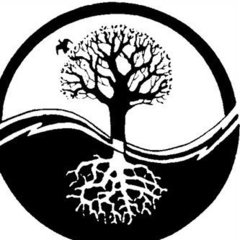Jung shadow work?
Does anyone do jungian shadow work.ive been working on this recently and sometimes what I learn is suprising,shocking.its also interesting how it affects relationships.
For any real benefit, Jung has to be read as a totality. A small snippet of his ideas can be more misleading than helpful, particularly as he refines and develops his concepts over time as his own experience deepens. And from my observation, only a small minority of people feel strong resonance with his insights. Hence, with some reservation, here’s the entry on ‘Shadow’ from the glossary of Jung's semi-autobiographical Memories, Dreams, Reflections, for the information of those reading this who are not familiar with his terms......
Shadow.
The inferior part of the personality; sum of all personal and collective psychic elements which, because of their incompatibility with the chosen conscious attitude, are denied expression in life and therefore coalesce into a relatively autonomous "splinter personality" with contrary tendencies in the unconscious. The shadow behaves compensatorily to consciousness; hence its effects can be positive as well as negative. In dreams, the shadow figure is always of the same sex as the dreamer.
C G Jung: "The shadow personifies everything that the subject refuses to acknowledge about himself and yet is always thrusting itself upon him directly or indirectly for instance, inferior traits of character and other incompatible tendencies." (The Archetypes and the Collective Unconscious, CW 9, i, p 284.)
"... the shadow [is] that hidden, repressed, for the most part inferior and guilt-laden personality whose ultimate ramifications reach back into the realm of our animal ancestors and so comprise the whole historical aspect of the unconscious. ... If it has been believed hitherto that the human shadow was the source of all evil, it can now be ascertained on closer investigation that the unconscious man, that is, his shadow, does not consist only of morally reprehensible tendencies, but also displays a number of good qualities, such as normal instincts, appropriate reactions, realistic insights, creative impulses, etc." ( Aion, CW 9, part 2, p. 266 )


